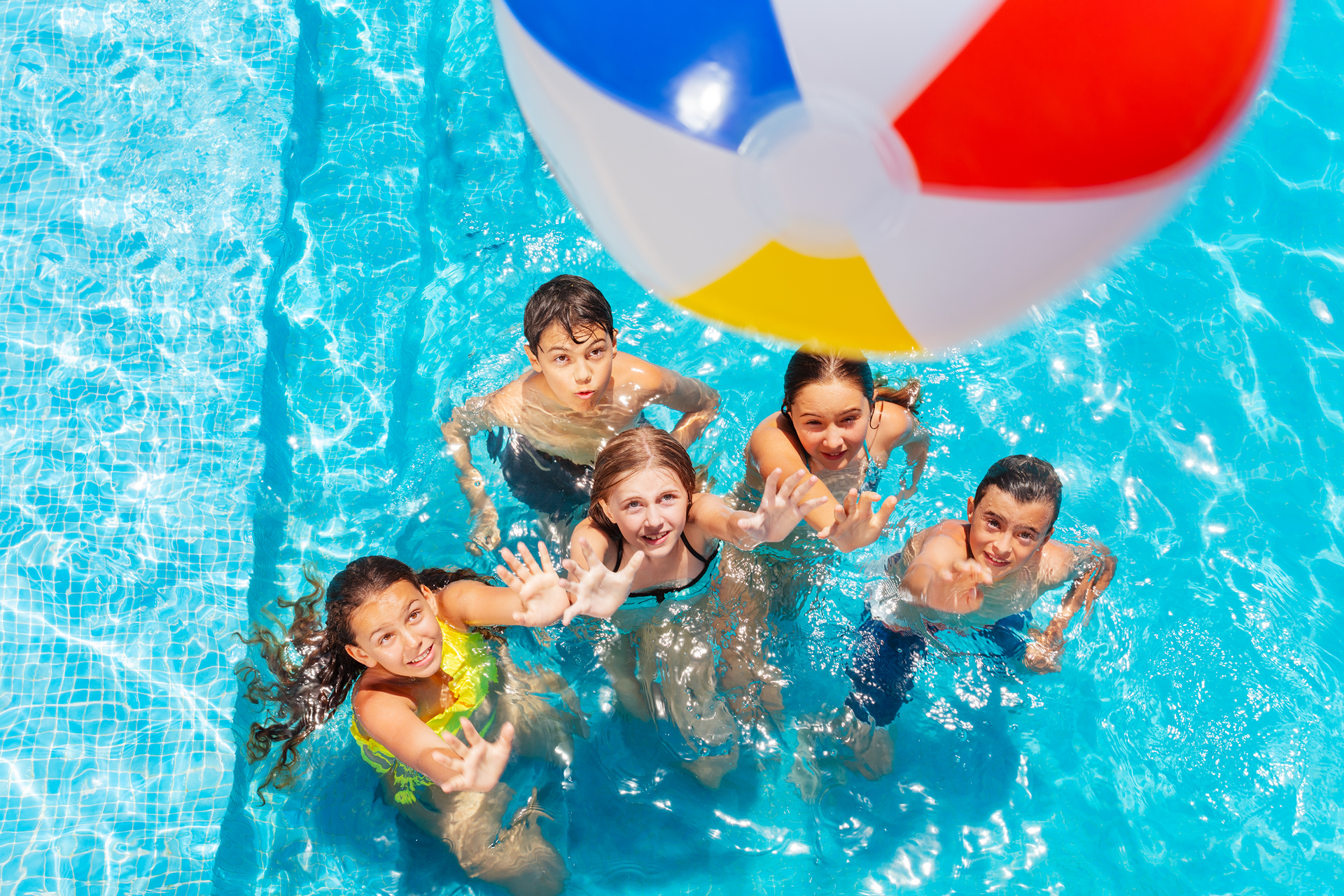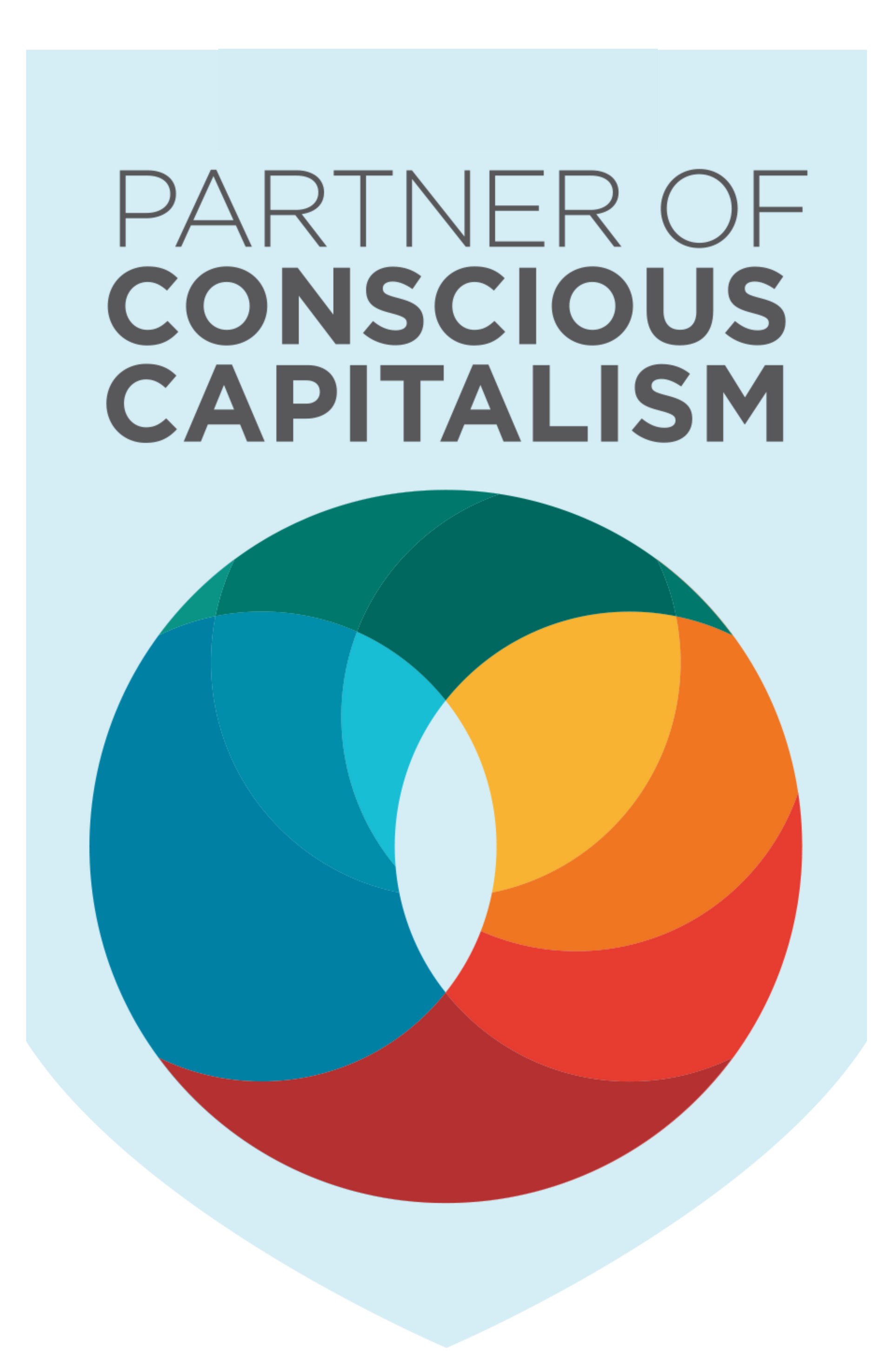When Is the Right Time to Begin Swim Lessons?

Starting Early: Introducing Children to Swimming at Ocaquatics
Anyone over six months old can begin formal swimming lessons at Ocaquatics. We encourage early enrollment to help children feel comfortable and safe around water.
The Importance of Learning to Swim:
The American Academy of Pediatrics emphasizes the importance of swim lessons in reducing the risk of drowning in children. However, they also stress the importance of constant adult supervision and multiple layers of protection, including fencing, gates, and alarms, to keep children safe around water. Additionally, they recommend that parents remain within close proximity of their children at all times.
At Ocaquatics, we wholeheartedly agree with these safety measures. In our Parent and Me classes, we require an adult family member to accompany their child for the first three levels. This ensures close contact and comfort for the child, fostering a positive learning environment and equipping parents with skills to practice with their child at home.
A Lifesaving Skill:
According to the Fatherly website, nearly half of all Americans lack the swimming ability to save themselves. Tragically, accidental drowning is the leading cause of death for children under 14. This underscores the significance of introducing children to aquatic environments at a young age.
Programs for Young Children:
We offer four Baby Group programs specifically designed for very young children. Our youngest group caters to beginners aged 6 to 15 months. Our specially trained instructors collaborate with parents and their children, focusing on water adjustment and safety skills. We also have a program for parents and children aged 13 to 36 months. These 30-minute classes have a maximum of six child-parent pairs.
For parents and children who are comfortable swimming three feet independently, we offer Parent and Me Plus. This program, designed for children aged 15 to 36 months, helps them extend their swimming distance and develop independent breathing skills.
Finally, our Super Baby class is for children aged 20 to 30 months who have successfully completed our earlier programs. This 30-minute class has a maximum of three children per group.
Year-Round Learning:
Experts advise parents to take a proactive approach to ensure their children's engagement and enjoyment during swim lessons. This can even involve factors like water temperature, as cold water can be distracting for young children.
At Ocaquatics, all four of our locations feature heated indoor pools, ensuring a warm and comfortable environment for year-round swim lessons. We are dedicated to helping children of all ages learn to swim and develop water safety skills. Additionally, we offer adult swimming lessons!
We look forward to helping you and your child on this aquatic journey!














